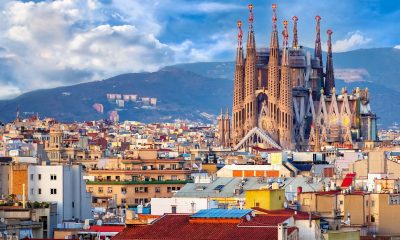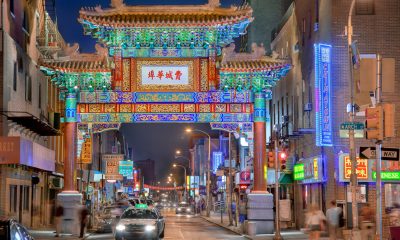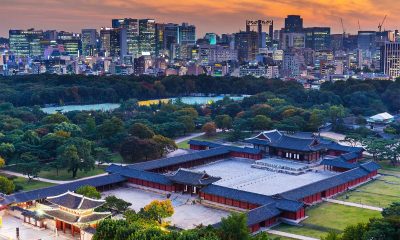Travel
Thailand: The Safest Places For Expats, Visitors And Retirees

Thailand is a top expat and retiree destination. As expected, finding the safest places to reside in Thailand is their top priority. Thai people are kind and the “land of a thousand smiles” has many great destinations.
Naturally, safety is ambiguous. Big cities have more hospitals, clinics, and doctors, but also more crime. Rural locations have less road accidents, pickpockets, and congestion. Additionally, they may lack drinkable water. Thus, safe areas to reside in Thailand should be broadly defined.
How Safe Is Thailand In General?
Thailand has major safety issues. Human and drug trafficking, corruption, and women’s violence are examples. Thailand is one of the safest countries in Southeast Asia, with little violent crimes against tourists.
Financial opportunity crimes account for most tourist, expat, and retiree crimes. These offenses include pickpocketing. Criminals have been known to use razors to open bags and discreetly take items in seconds. This is common in crowded markets, tourist attractions, and train stations. Long-distance bus and train thieves also operate. They target tired travelers and abandoned baggage in storage.
Another widespread crime is fraud. These include credit card and rental agreement frauds. Jet ski and motorcycle renters claim being charged for damages that did not occur. Unfortunately, local officials rarely help resolve these issues. Massive police corruption.
Alcohol drinking causes many safety problems. In prominent bars, drinks might be drugged for assaults or robberies. Alcohol can also be used to flirt with “bar girls,” pay for expensive drinks, or distract guests to boost their identity.
Health and wellness are well-managed in Thailand, especially Bangkok. Rural facilities are scarce. Motorcycle and scooter accidents are a leading cause of healthcare visits. If they’re your main mode of transportation, get a good bike, wear a helmet, and take private lessons to improve. Note that Thailand’s water is unfit for consumption.
Places To Avoid
Casual travelers should avoid the southernmost parts of Thailand. This includes Yala, Pattani, Songkhla, Narathiwat, and the Sungai Kolok crossing into Malaysia. These areas have experienced frequent and ongoing violence.
Safest Places To Live in Thailand
1. Krabi
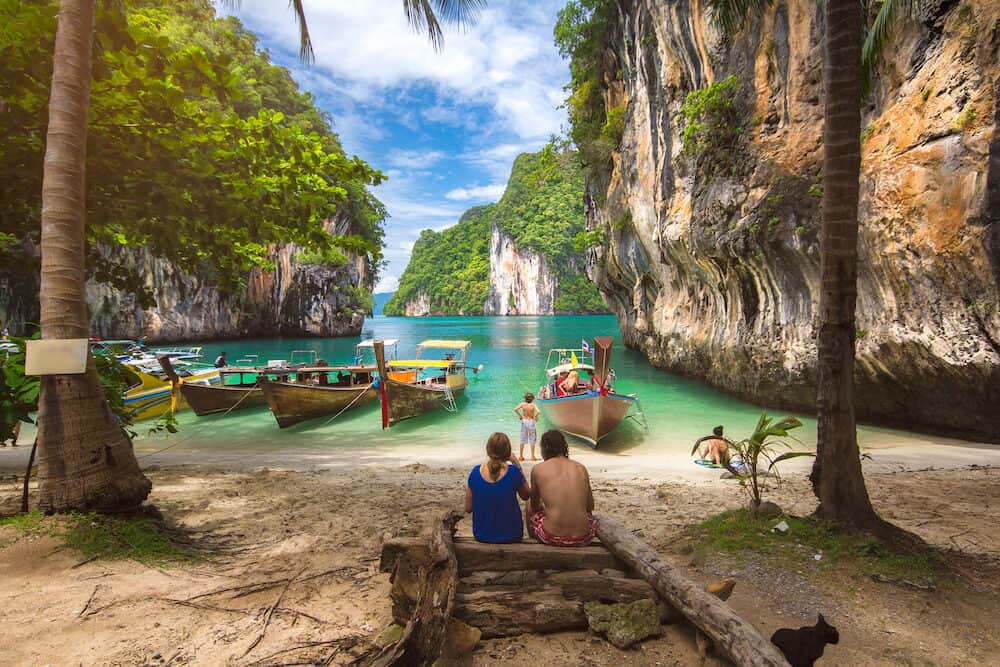
Krabi, a tranquil, secluded tiny town with stunning beaches on Thailand’s southwest coast, is often considered as one of the safest locations to live in Thailand. Crime rates are low, and the number of amenities such as cafes is plentiful.
Krabi has a strong sense of belonging. In the expat community, which numbers only a few thousand people during the peak season, everyone seems to know everyone else. Krabi offers a relatively affordable cost of living compared to many Western countries, making it an attractive destination for expatriates and tourists.
Krabi is known for its stunning limestone cliffs and clear waters, making it a popular destination for rock climbing and beach lovers.
2. Chiang Mai

Nature surrounds Thailand’s second-largest city, Chiang Mai. Chiang Mai has around 40,000 international residents and is loved by foreigners. The city offers great hospitals, community resources, and little violent crime. It featured among TripAdvisor’s 2014 “25 Best Destinations in the World”. This accolade is due to its museums, restaurants, shopping, nightlife, and good quality of life.
One major Chiang Mai safety issue. Air pollution and smog are major issues. From February through late April, “burning season” is worse. Fire helps local farmers prepare the ground for fresh harvests. The air can feel sooty. Expatriates and locals travel more at this period.
3. Bangkok

Bangkok, Thailand, boasts a generally low crime rate compared to many major cities around the world. While petty crimes like pickpocketing can occur, the city is considered safe for tourists who exercise standard precautions. Thailand’s “Land of Smiles” reputation extends to its safety, with friendly locals often willing to assist travelers.
Bangkok’s beauty lies in its vibrant mix of modernity and tradition, with glittering skyscrapers juxtaposed against ornate temples and lush green parks. The city’s bustling street markets, lively nightlife, and rich cultural heritage offer a unique blend of sights and experiences for visitors.
Bangkok’s breathtaking Grand Palace, serene Chao Phraya River, and colorful street art add to its aesthetic charm, making it a visually captivating destination.
4. Koh Samui
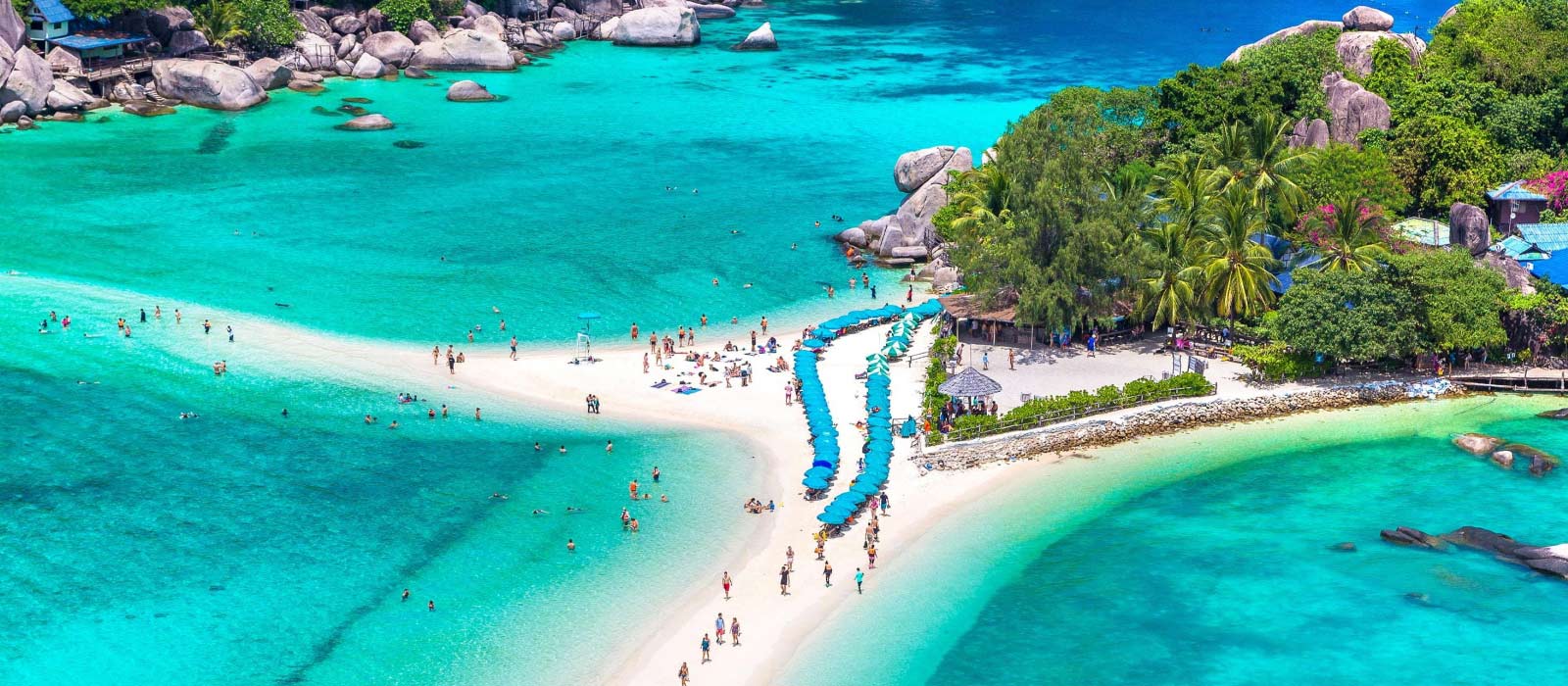
This beautiful island is connected to Bangkok and the rest of the country but feels remote. Koh Samui is a family-friendly, laid-back island with remarkable infrastructure. Many hospitals, pharmacies, and doctors are available. Cave exploration, yoga, and snorkeling are popular outdoor activities that emphasize quality of life. Overall, drug usage and criminality are higher in Koh Samui than in Chiang Rai.
5. Hua Hin
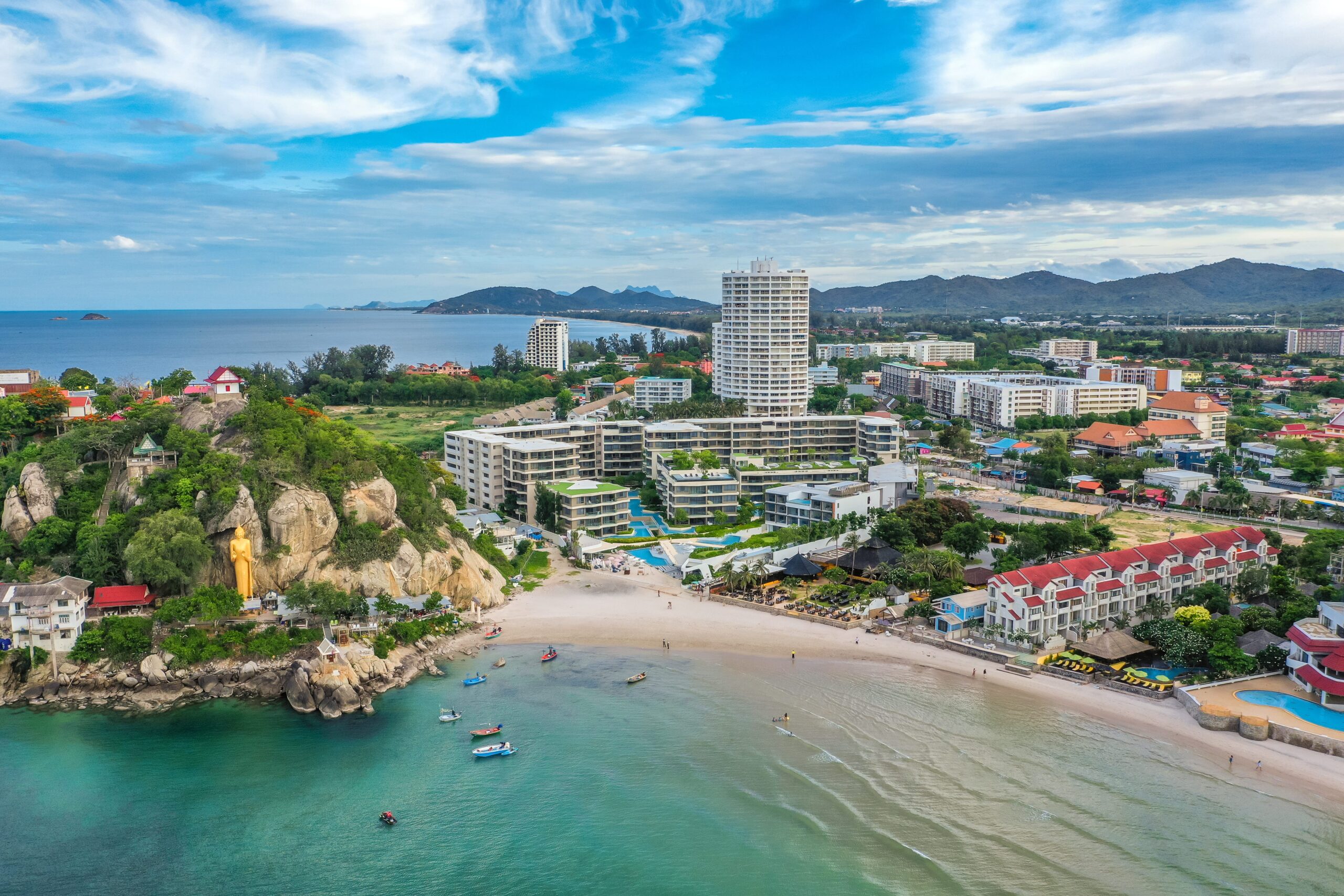
Many visitors from abroad say Hua Hin has all the finest of Bangkok without the bad. The fishing community of Hua Hin existed over a century ago. The Thai royal family built a holiday residence there in the 1920s. Hua Hin remains a hybrid today. It’s like a posh seaside fishing town that caters to the affluent without losing its appeal.
Bangkok’s hospitals, health facilities, infrastructure, and resources are easily accessible from this town two and a half hours away. The prestigious Bangkok Hospital opened a Hua Hin satellite campus. Residents get all this for a fraction of Bangkok’s crime, smog, and traffic.
6. Chiang Rai
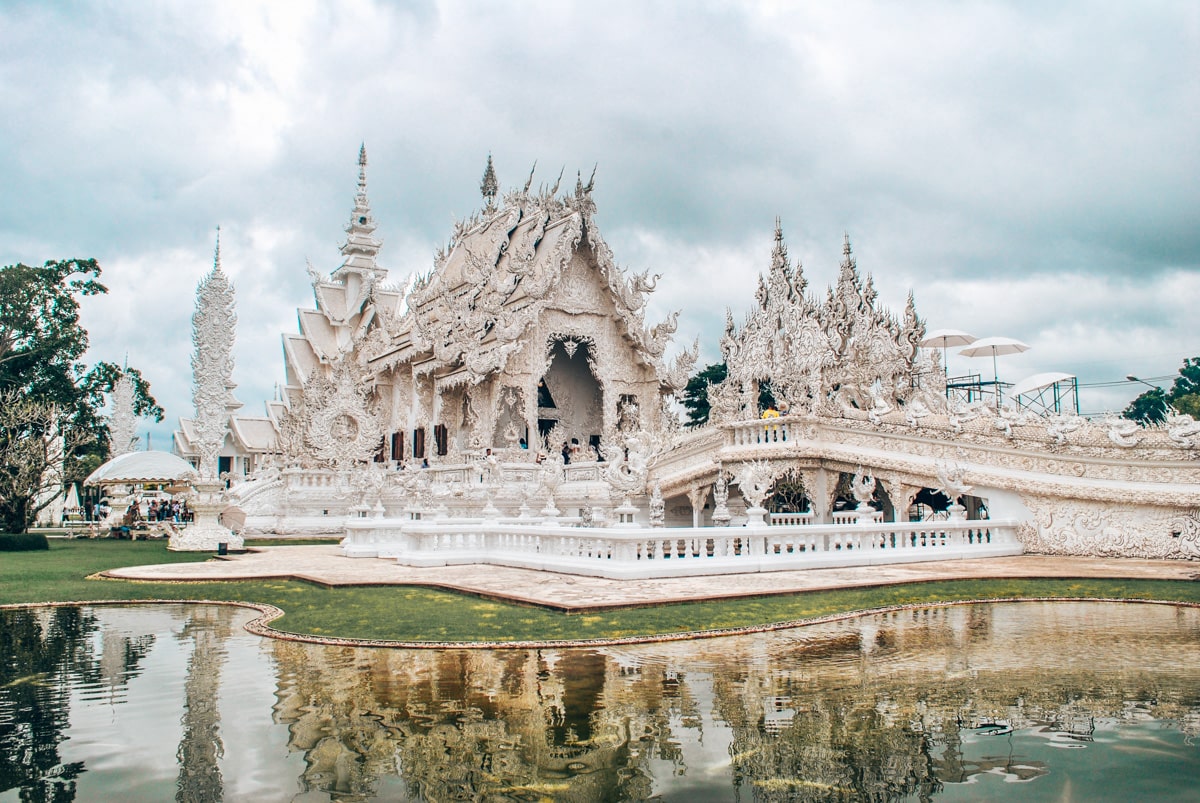
Chiang Rai is a semi-rural city 100 km from Chiang Mai. Mountains, forests, and waterfalls surround this cheap spot. Chiang Mai’s big city amenities are easily accessible to residents. It’s ideal for expatriates who’re overwhelmed by Chiang Mai’s size and congestion and want a quieter place without sacrificing their health.
Another perk? Petty crime like pickpocketing and frauds is low. Chiang Rai is cooler than many of its neighbors due to its mountainous location.
You can also check out Health insurance for expats in Thailand





